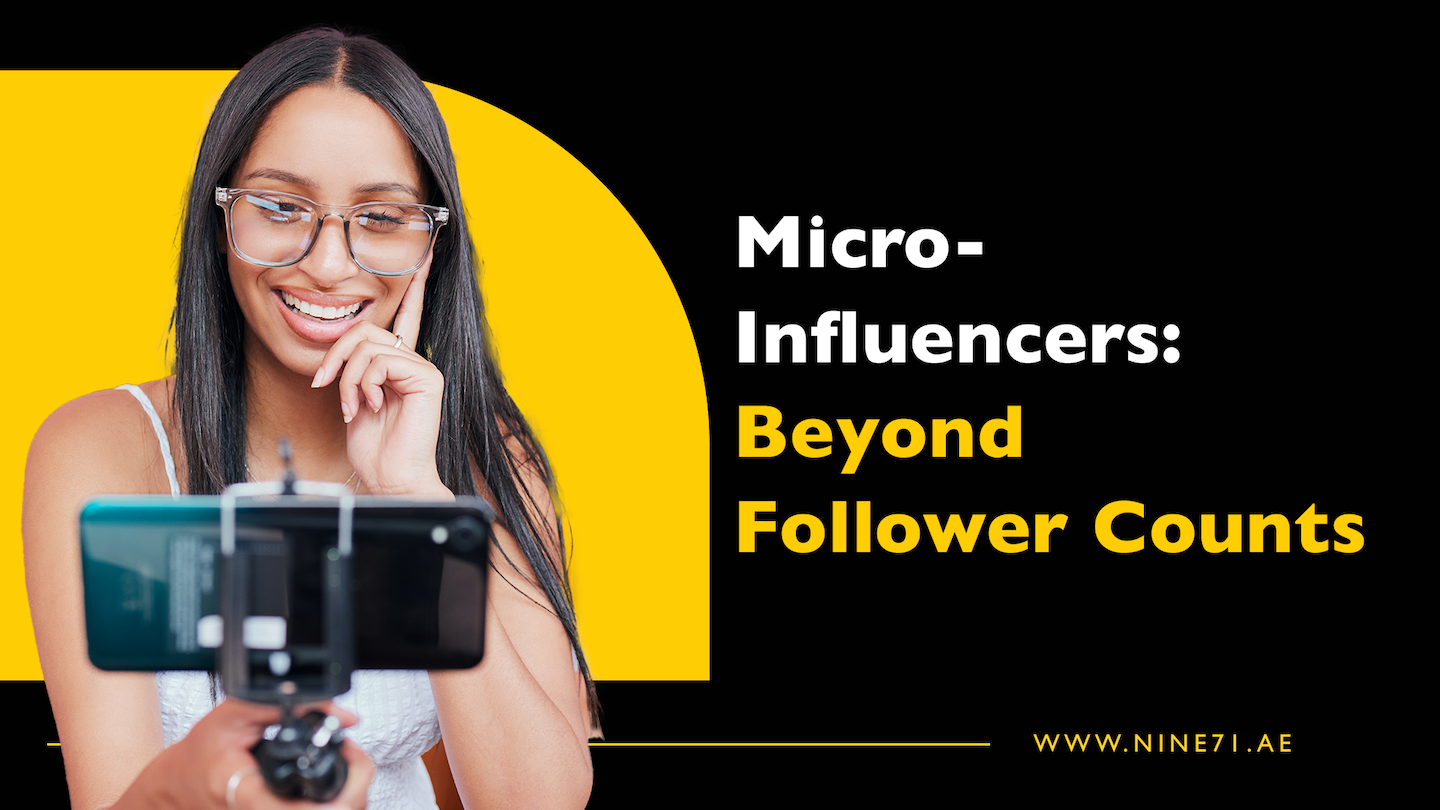Micro-influencers are carving out a significant niche, becoming an important part of the influencer community. These everyday social media enthusiasts, who are not celebrities or widely-known influencers, exude a genuine and approachable vibe that makes them accessible. They are ordinary individuals, utilizing their social media platforms to share what they are genuinely passionate about, thereby wielding a remarkable power to expedite the establishment of brand trust among their followers.
To gain deeper insights into their perspectives and preferences regarding content creation, social media usage, and brand partnerships, a worldwide survey involving 1,000 approved micro-influencers was conducted. Here’s what we discovered.
They view this as a marathon, not a sprint
Despite the fact that currently 62% of participants earn less than 10% of their annual income from their influencer activities, over half (52%) of micro-influencers expressed that their career objective is to become full-time content creators, indicating a clear trajectory towards professionalization. Given that 77% of them post content on social media every day, it’s reasonable to assert that micro-influencers are dedicated and personally invested in their endeavors.
For many, particularly those who maintain full-time jobs, influencer activities serve as a passion project that enables them to express themselves and connect with a broader community of like-minded individuals, forming what some refer to as their online tribe.
Authenticity is Key: Not Every Brand Will Work for Them
A prevalent myth is that well-known influencers are more selective in their partnerships due to the need to safeguard their personal brand. However, smaller influencers are equally discerning about their collaborations because authenticity is paramount to them. When asked why they would contemplate working with a brand repeatedly, 37% of micro-influencers identified being fans of the brand as the primary reason, followed by 30% who highlighted receiving fair and competitive compensation, and 14% who valued alignment with the brand’s values.
More than just money
When asked about their preferred form of compensation, 44.3% of micro-influencers chose monetary; 29.2% opted for free products, services, or experiences; 17.8% selected exclusive event access; and 7.9% favored affiliate partnerships. These responses indicate that there are varied ways to collaborate with micro-influencers, providing opportunities for small and midsize businesses (SMBs) that may not have the budget of larger brands.
Follower Count Doesn’t Define Influence
Historically, the influencer marketing industry has utilized follower counts as a benchmark for determining an influencer’s status. Conventionally, a larger audience size equated to greater influence. Now, the paradigm is shifting. As the industry evolves, brands are recognizing that popularity does not necessarily equate to influence: Engagement rate diminishes as follower numbers increase, and the issue of fake followers is becoming increasingly prevalent.
In the current digital environment, where organic reach is dwindling, ad blocking is on the rise, and content creation and distribution are at peak levels, brands are in greater need than ever to connect with genuine advocates. Micro-influencers, with their authentic and unfiltered presence, are not aiming to maintain a flawless Instagram feed in specific color schemes or showcase an opulent, globe-trotting lifestyle for aspirational purposes. They represent themselves authentically, without pretense. Modern consumers are engaged with and attentive to micro-influencers, enhancing the influencer marketing landscape.
Dina Assaf – Head of Campaigns, Nine71




